UN counts ‘more than 50’ IS mass graves
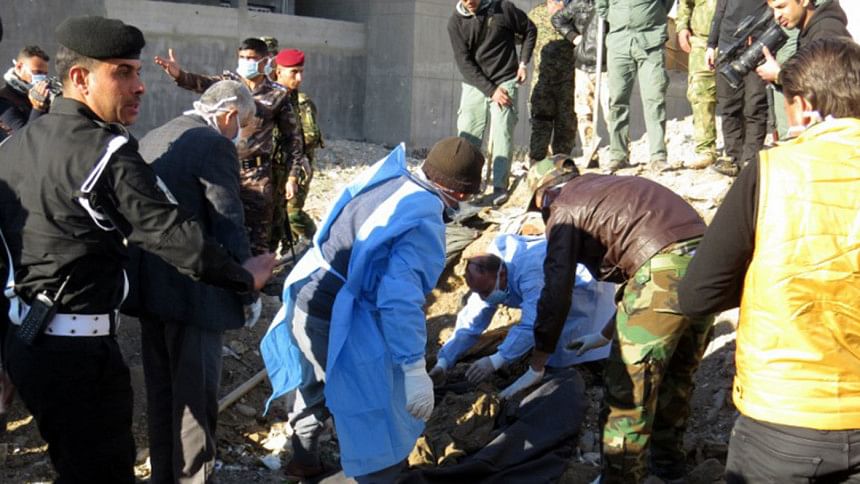
A UN envoy has said more than 50 mass graves have so far been found in parts of Iraq that were previously controlled by so-called Islamic State (IS).
Jan Kubis told the UN Security Council that it was "evidence of the heinous crimes" IS had committed.
The graves have been discovered in recent months as territory has been re-captured from IS.
Most recently, graves found in the city of Ramadi in April may contain the remains of up to 40 people.
Kubis said the international community should "take steps to ensure the accountability" of IS fighters.
The Iraqi army re-captured parts of Ramadi from IS in December 2015. It had been held by the militants since May of the same year.
Some pockets of resistance continued in the city until February 2016, when it fell completely under government control again.
Human remains have been found in mass graves near Sinjar in northern Iraq, near Anbar in western Iraq and in Tikrit in northern Iraq.
The people targeted include tribesmen, Iraqi soldiers, women and people from the minority Yazidi sect.
Mass graves have also been found in parts of Syria where IS have held control.
Kubis is the UN's special representative in its assistance mission for Iraq.
"I condemn in the strongest possible terms the continued killings, kidnapping, rape and torture of Iraqis by ISIL (IS), which may constitute crimes against humanity, war crimes and even genocide," he said.
Humanitarian crisis
Kubis said that despite "notable and consistent progress" against IS, the group was still "a formidable and determined enemy that constantly adjusts its tactics and attack patterns".
He said the group would not be defeated by military means alone, and called for action to address "the root causes of violent extremism".
Kubis said Iraq's humanitarian crisis "remains one of the world's worst" as more than 10 million people - a third of the population - require international aid.
He said only a quarter of the $861m requested for aid to Iraqi people in 2016 had been delivered so far, and urged donors to contribute.

 For all latest news, follow The Daily Star's Google News channel.
For all latest news, follow The Daily Star's Google News channel. 

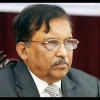

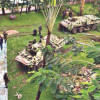
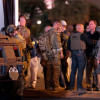
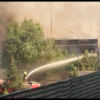

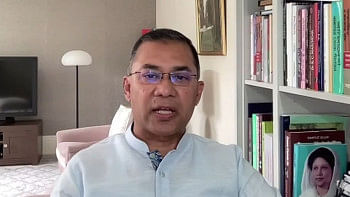
Comments